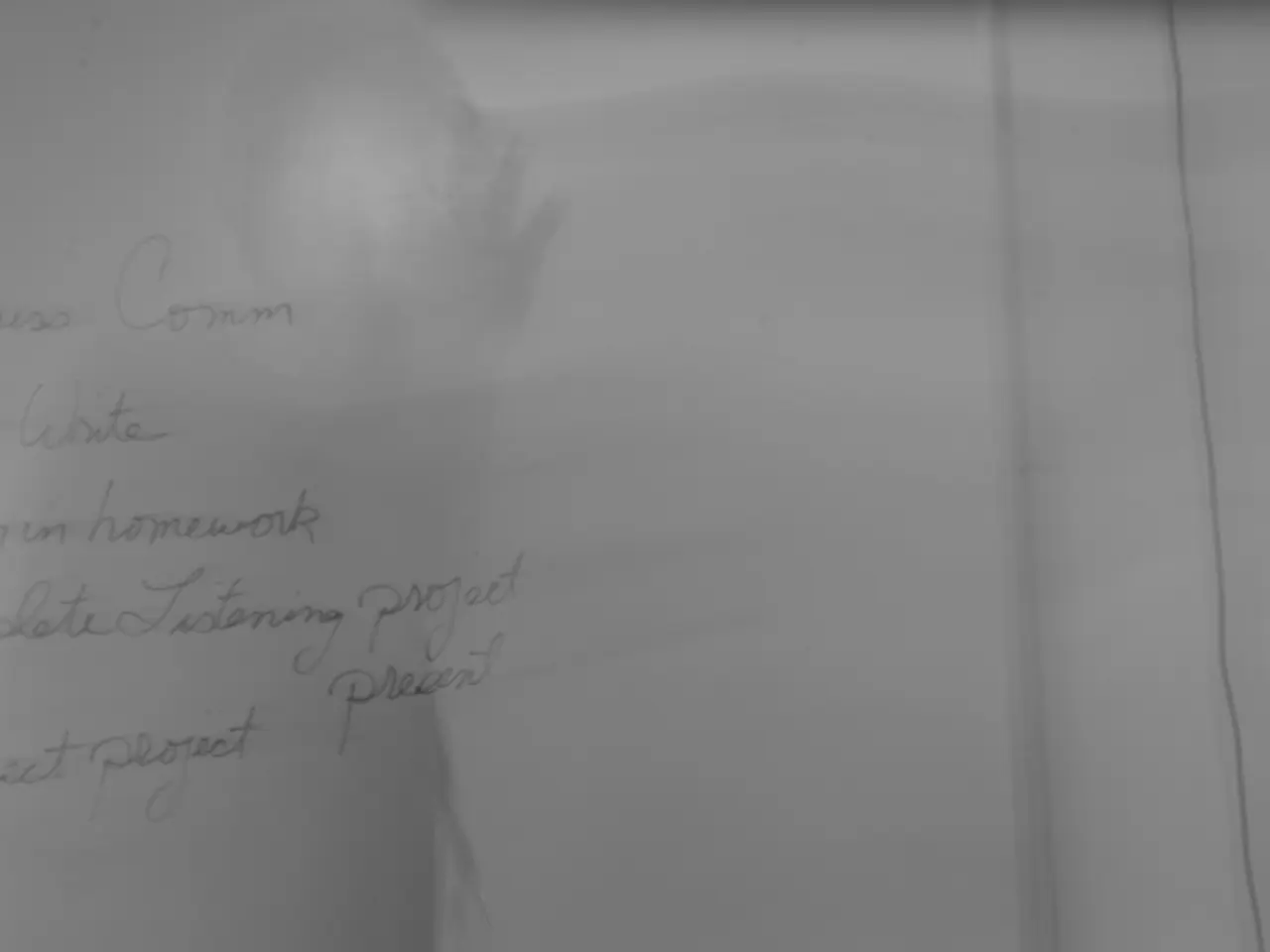Coping with Tariffs: French Manufacturers' Response to US Trade Policies
Companies contemplate hoarding supplies due to trade conflict
French News Agency, PARIS
Stockpiling is the instinctive response of businesses to tariffs, but the unpredictable nature of the Trump administration's policies has made it a tricky proposition for many industries.
Whether high-end fashion, electronics, or pharmaceuticals, companies are grappling with the unpredictability brought about by Trump's administration. Some companies took preemptive action, shipping more of their goods to the US even before the April 2 announcement of "reciprocal" trade tariffs.
Although Trump swiftly shelved the "reciprocal" tariffs for a 90-day period, except for China, the global 10% tariff and the 25% tariffs on European steel, aluminum, and cars remained in place.
A French cosmetics firm, Clarins, jumped at the opportunity and boosted shipments to the US at the beginning of the year. "We've stockpiled three months of products, equating to $2 million worth of goods," said Clarins North America president, Lionel Uzan.
For Clarins, with all its products made in France, stockpiling was the most viable solution to cope with the tariffs. Other companies are adopting a similar strategy, albeit discreetly in various sectors.
In March, Swiss watch exports to the US increased approximately 14% compared to the same period last year. More striking is the case of Ireland, which hosts a number of international pharmaceutical firms. Irish exports to the US ballooned 210% in February, reaching about €13 billion (US$14.79 billion), with the majority being pharmaceutical products and chemical ingredients.
Fermob, a French company that manufactures metal garden furniture and sells approximately 10% of its products in the US, began preparing for tariffs in November, following the US presidential election results. In January and February, Fermob ramped up production and sent around 30% of the excess stock to the U.S.
Inevitably, the increased demand benefited the transportation industry, particularly Lufthansa Cargo AG, which reported an increase in demand for US-bound shipments in recent weeks.
Lufthansa attributed the trend to companies expediting various stages in their supply chains due to the ongoing trade war. Similarly, there has been an increase in car exports from the EU to the US as well.
However, stockpiling is not a permanent solution, analysts pointed out. McKinsey & Co partner Matt Jochim, who specializes in addressing supply chain issues, characterized stockpiling as a short-term, reactive move with limitations, considering that tariffs are constantly changing and it may not always be practical.
Diversifying supply chains, proactive risk management, pricing and contract adjustments, cross-industry collaboration, and scenario planning and contingency measures are some key strategies businesses can employ to manage tariff impacts. Establishing trade agreements and tariff exemptions is another approach to alleviate the effects of tariffs on imported goods.
These strategies can be tailored to the specific needs of manufacturers like Fermob and Clarins, helping them navigate the complexities of an unpredictable trade environment and maintain their competitive edge.
- Stockpiling three months worth of products, equivalent to $2 million, has been a response by the French cosmetics firm Clarins to cope with the unpredictability of tariffs on goods imported to the US.
- In an effort to manage the impact of tariffs, Fermob, a French manufacturer of metal garden furniture, increased production in November and sent around 30% of the excess stock to the US, benefiting the transportation industry.
- Analysts suggest that stockpiling is a short-term, reactive solution with limitations, and encourage businesses like Fermob and Clarins to adopt other strategies such as diversifying supply chains, proactive risk management, pricing and contract adjustments, cross-industry collaboration, and scenario planning and contingency measures to manage tariff impacts effectively.




